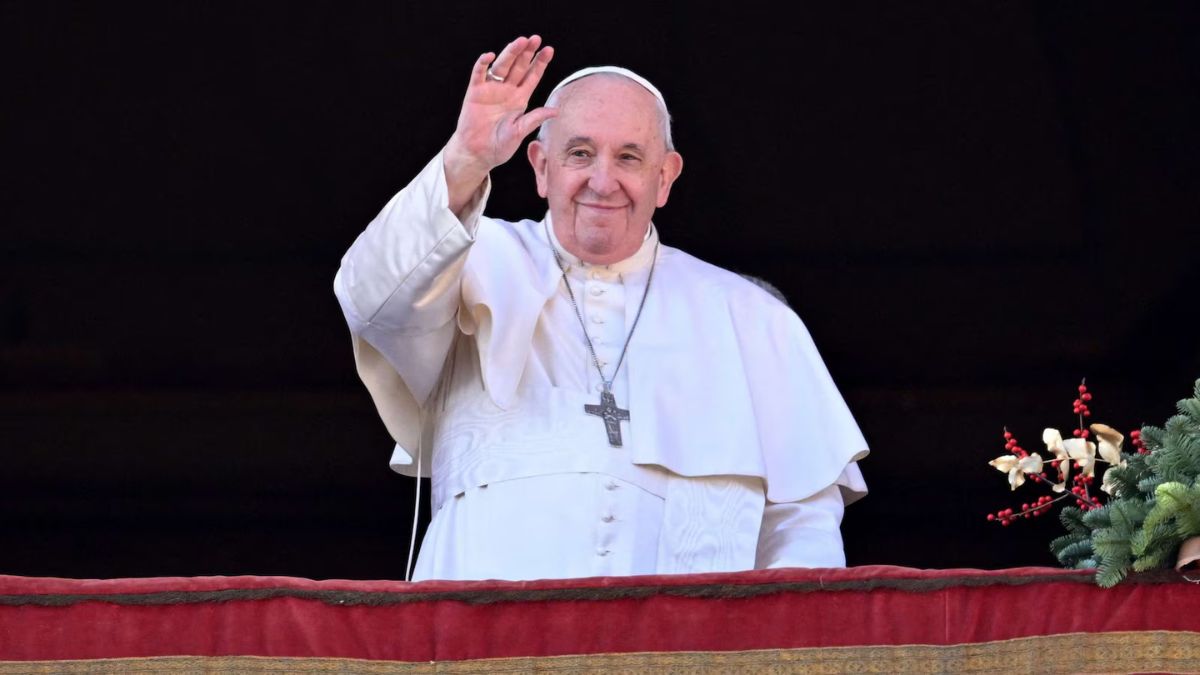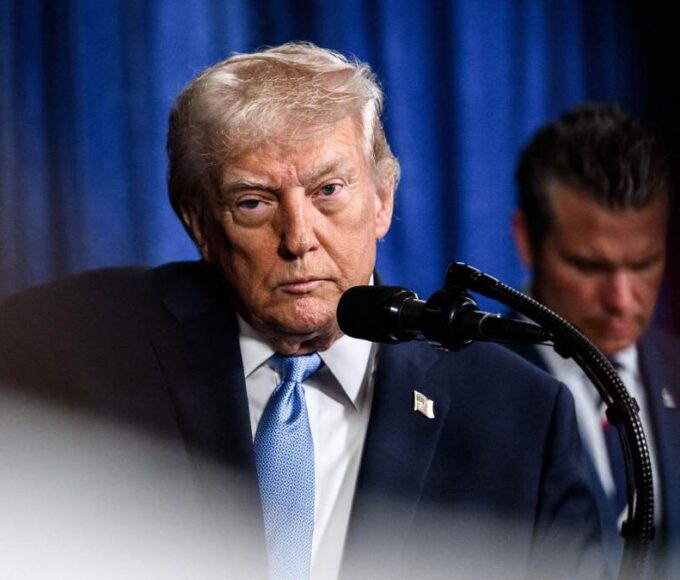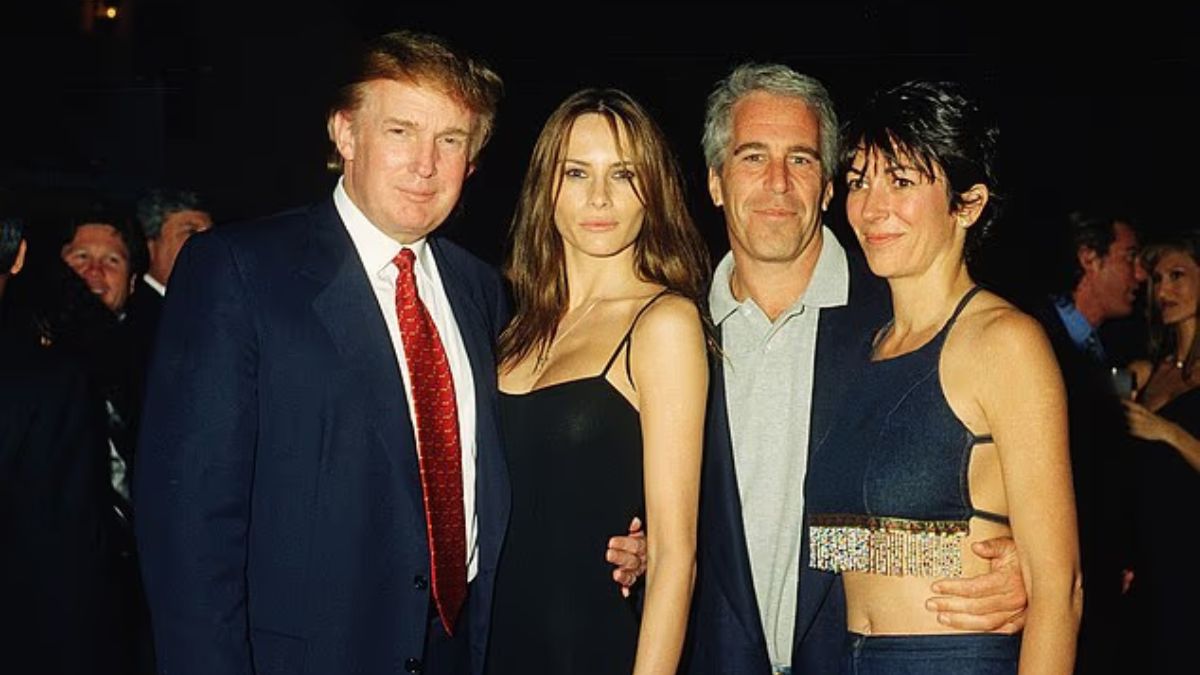Pope Francis, who died today at the age of 88, leaves behind a legacy that stretched far beyond church walls.
In a role shaped by centuries of tradition, he was a pope who chose to do things differently — and in doing so, he reshaped how the world sees the papacy.
He Lived Simply, Not Like a King
From the very beginning, Francis rejected the formalities of power. He refused to live in the grand Apostolic Palace, choosing instead a modest guesthouse. He drove a small car, wore simple shoes, and often told people, “I am just a humble servant.”
He Spoke for Everyone
Pope Francis made headlines for supporting civil unions for same-sex couples and for condemning laws that punish LGBTQ+ people. While the Church’s teachings didn’t change officially, his tone did — and that shift opened doors for many who had long felt excluded.
He Gave Women a Voice
For the first time in Vatican history, Francis appointed women to senior leadership roles. Though women still cannot be ordained as priests, he showed a clear desire to bring their voices into decision-making spaces once reserved for men.
He Was a Global Leader
Francis became the first pope to attend a G7 summit, where he warned world leaders about the dangers of artificial intelligence. He often spoke out on climate change, poverty, war, and the refugee crisis. He wasn’t just a religious figure — he became a moral voice on the world stage.
He Fought for Peace
Pope Francis strongly opposed nuclear weapons and the death penalty. He met with leaders from all major religions, pushing for peace and unity. His trips to conflict zones, refugee camps, and slums showed his commitment to the marginalized.
He Simplified the Church
Francis wanted to make the Church less focused on wealth and tradition, and more focused on service. He even rewrote the Vatican’s 400-page guide for papal funerals, asking for a simpler burial in a plain coffin — showing once again that power did not change his values.
A Pope Unlike Any Before
Pope Francis was the first Latin American pope, the first Jesuit pope, and the first non-European in centuries. His background made him an outsider in the Vatican — but it may be why he was able to lead with such a fresh and human approach.
Though his papacy has ended, the impact of his reforms and compassion will shape the Catholic Church — and the world — for years to come.












Leave a comment